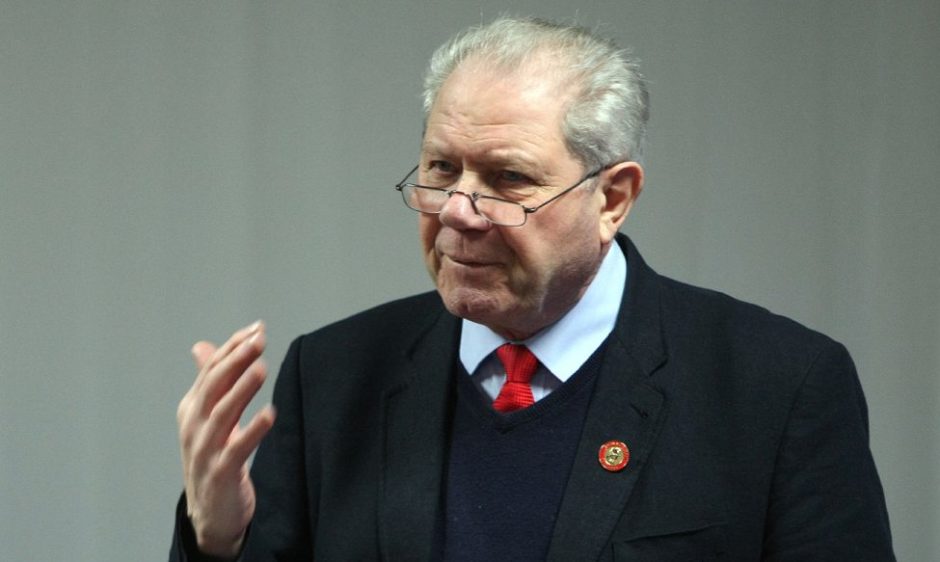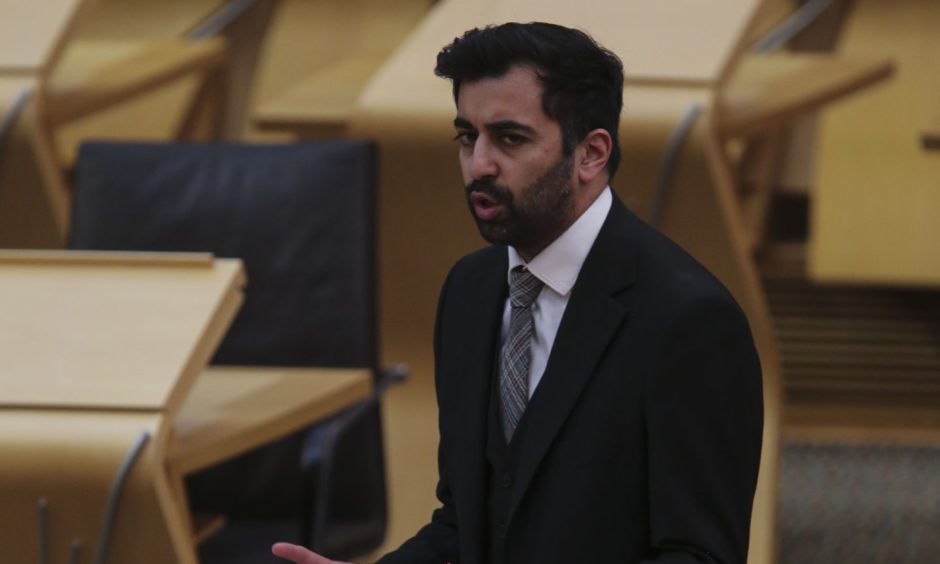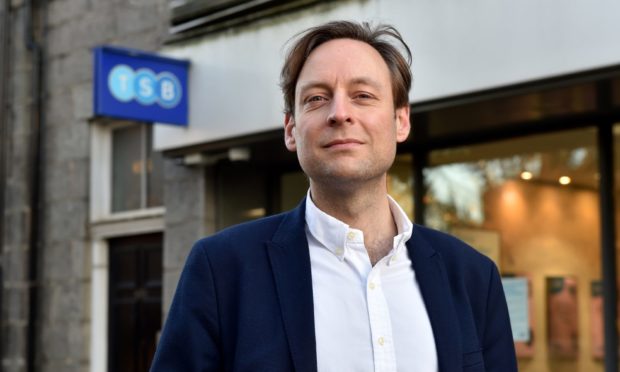MSPs have voted in favour of controversial hate crime legislation, which critics claim marks a “dark day for freedom of expression in Scotland”.
The Hate Crime and Public Order (Scotland) Bill, described as the “most controversial in the Scottish Parliament’s history”, achieved majority support from MSPs despite concerns it could lead to a potential “chilling effect” on freedom of expression.
Leading the final debate on the bill in the Scottish Parliament, Justice Secretary Humza Yousaf said the legislation “will strengthen the law to tackle hate crime in a way that protects the rights of everyone to live their lives free of harm, while protecting the rights to freedom of expression”.
However, the final vote was delayed from Wednesday following a mammoth, five-hour debate at the bill’s third and final stage in parliament, with several MSPs raising concerns over women’s rights and the omission of sex as a group offered protection under the bill.
The Hate Crime Bill, which passed 82 votes to 32, would consolidate a number of laws into one piece of legislation, but would also add the offence of “stirring up hatred” on the grounds of religion, sexual orientation, age, disability and transgender identity.
Former SNP deputy leader Jim Sillars, is among the vocal critics of the bill, claiming its passage will “open up lots of people who do not intend to direct hate at anyone” finding themselves reported to the police for hate crimes, leading to “lots of malicious and vexatious complaints”.
Speaking from his home in Edinburgh, he also argued that the “very badly flawed legislation” will “ultimately be tested in court”.
Scottish Labour MSP Johann Lamont repeatedly argued the legislation could have a “chilling effect” on women’s rights campaigners who want to raise concerns on issues of gender identity and transgender rights.
The criminal threshold…
However, Mr Yousaf, who led the bill through parliament, told MSPs the Hate Crime Bill showed how “parliament can work at its best”.
He said: “To those who think they may accidentally somehow fall foul of the law… because they believe sex is immutable, or they believe an adult man cannot become a female or they campaign for the rights of Palestinians… or those that proselytise that same-sex relationships are sinful, none of these people would fall foul of the stirring up of hatred offence for solely stating their belief – even if they did so in a robust manner.
“Why? Because solely stating any belief, which I accept may be offensive to some, is not breaching the criminal threshold.”
Instead, an offence will only be committed if behaviour is found to be “threatening or abusive by a reasonable person and it was intended to stir up hatred” against a protected characteristic.
The justice secretary had already been forced to make a number of concessions during the bill’s process, particularly in the inclusion of an intent mechanism and a “reasonable person test”, which would be required before the stirring up of hatred was considered to be criminal.
Amendments were also brought forward by Mr Yousaf and Justice Committee convener Adam Tomkins at stage three to strengthen the bill’s protections for freedom of speech.
The SNP politician – who has previously shared his own experiences being on the “sharp end of bigoted abuse” – told MSPs he was first made aware of his race while in primary two.
He said his childhood best friend came up to him “out of the blue” to say they could not be friends anymore because of his race, adding that he had “undoubtedly learnt that at home, probably from a parent or older sibling”.
Mr Yousaf added that 30 years later “not a day goes by where I amn’t conscious of the colour of my skin”.
‘It would have been a starting point’
Scottish Labour MSP Johann Lamont lodged an amendment on Wednesday to add sex as a protected characteristic under the bill but this was later defeated 68 votes to 53.
The Scottish Government rejected the addition of sex to the bill and instead established an independent working group last month, led by Baroness Helena Kennedy QC, which will consider whether a separate criminal offence of misogyny could be introduced.
However, Ms Lamont said “in our communities now people face discrimination, disadvantage, abuse and women are part of that”.
She added: “We’re women, we know that signals are not enough but it would have been a starting point the work of the working group could do.”
Scottish Labour MSP Elaine Smith – who called for the bill to be withdrawn in its current form – said it “actually seems to be unleashing chilling misogyny and hate against women”.
She told MSPs that she had been accused of a “hate crime” on Twitter by a member of a cross-party group in parliament after contributions she made during the stage three debate on Wednesday.
At stage one, the justice committee received 2,000 submissions, thought to be the highest number of submissions received on any bill considered in the Scottish Parliament.
The Scottish Conservatives, who voted against the bill over freedom of expression concerns, said it is still “riddled with glaring flaws”.
The party’s justice spokesman, Liam Kerr, said: “We agree that hate crime should be rooted out but the SNP should not have allowed a fundamental right to be trampled on in the process.”
However, Scottish Green MSP John Finnie dismissed as “nonsense” suggestions from the bill’s opponents that family could be “ruined by a flurry of arrests” if people made controversial comments.
He said: “The bill, like others, is about balance, and I think the balance between the freedom of expression and the right to private life has been struck by this bill, and countless organisations agree.”
Mr Finnie added his party “will stand with those who are abused because of the colour of their skin or their disability”.
‘Dark day for freedom of expression’
Jamie Gillies, spokesman for the Free to Disagree campaign, who have criticised the stirring up hatred offences in particular, said the passage of the bill marks a “dark day for freedom of expression in Scotland”.
He added: “We all oppose hatred and prejudice. However, it has never been clear how, precisely, the new stirring up offences will counter hatred.
“There was no gap in the law to bridge. Good laws already exist to deal with threatening and abusive behaviour, incitement and breach of the peace.
“As laudable as the stirring up offences sound, they simply aren’t necessary and, ironically, they could do harm to, rather than improve, social cohesion in Scotland.”




